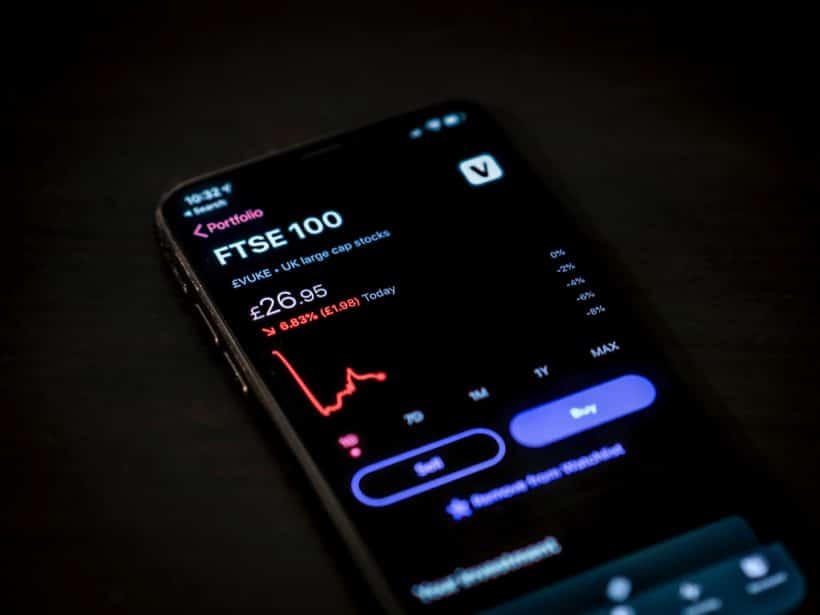This article is part of an ongoing series of basic financial education brought to you by financial industry professionals curated by PocketFin – The Financial School of Real Life. CNBC Africa provides content from PocketFin as a service to its readers but does not edit the articles it publishes. CNBC Africa is not responsible for the content provided by PocketFin.
Let’s discuss what an ETF is and how it has become such a popular investment especially in the last decade.

An exchange traded fund is an investment that is traded on an exchange just like stocks are. The price of an ETF will change throughout the day as the shares are bought and sold on the market. This is unlike collective investments or mutual funds, which are not traded on an exchange, and trade only once per day after the markets close. The dramatic rise in popularity of the ETF is mainly due to how cost-effective and liquid they are compared to mutual funds. Because of the diversification and amount of ETFs available , it also is a fantastic tool to build a custom investment portfolio.
An ETF is a type of fund that holds multiple underlying assets, rather than only one like a specific stock. There can be multiple assets within an ETF, and therefore they can be a popular choice for diversification. An ETF can own tons of stocks across various industries or sectors, or it could simply be related to one particular industry or sector. Some funds focus on only African offerings, while others have a global outlook. For example, a popular ETF has always been the MSCI world index.
ETF investing can also be known as index investing or passive investing as the fund managers of index funds simply buy exposure to the stocks in the market index, a basket of different companies with the biggest companies by market capitalization.
Examples of market indices are the JSE ALL AFRICA Share index or the S&P 500 share index. Index tracking funds generally charge low fees and portfolios earn market returns rather than attempting to outperform the market such as a managed fund where a fund manager is in charge and sets a benchmark that they strive to achieve.
What are the advantages of investing in ETF’s
Flexible:
ETFs provide exposures to suit a variety of different investment beliefs or strategies.
Traditionally low in fee’s:
ETFs most of the time have lower investment fees than active funds and the costs are easier to calculate.
Diversified options:
ETFs offer the ability of instant exposure to returns from diverse securities or sectors.
Transparency:
ETFs always show exactly what the fund holds
Liquidity:
ETFs are listed on investment exchanges and can be traded at any time during market hours
Access:
ETFs allow instant access to global markets